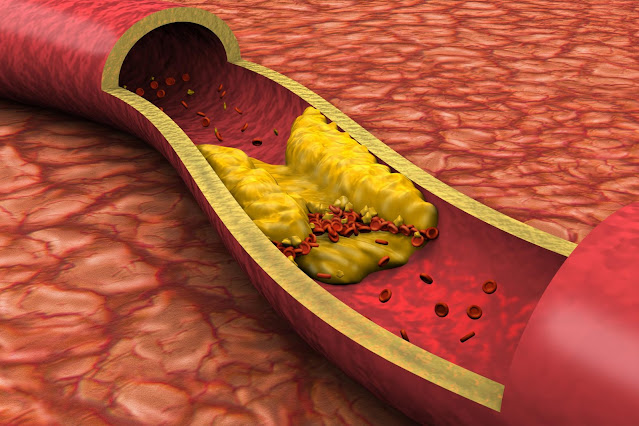High Cholesterol: Causes, Effects, and Management

Introduction: High cholesterol, also known as hypercholesterolemia, is a prevalent health condition characterized by elevated levels of cholesterol in the blood. Cholesterol is a waxy, fat-like substance found in the cells of the body and is essential for various bodily functions. However, excessive amounts of cholesterol can lead to significant health risks, particularly cardiovascular diseases such as heart attacks and strokes. In this article, we will delve into the causes, effects, and management of high cholesterol, providing a comprehensive understanding of this condition. I. Causes of High Cholesterol: High cholesterol can result from various factors, including genetic predisposition, poor dietary choices, sedentary lifestyle, and certain medical conditions. The primary causes include: 1. Diet: Consuming a diet rich in saturated fats, Trans...






